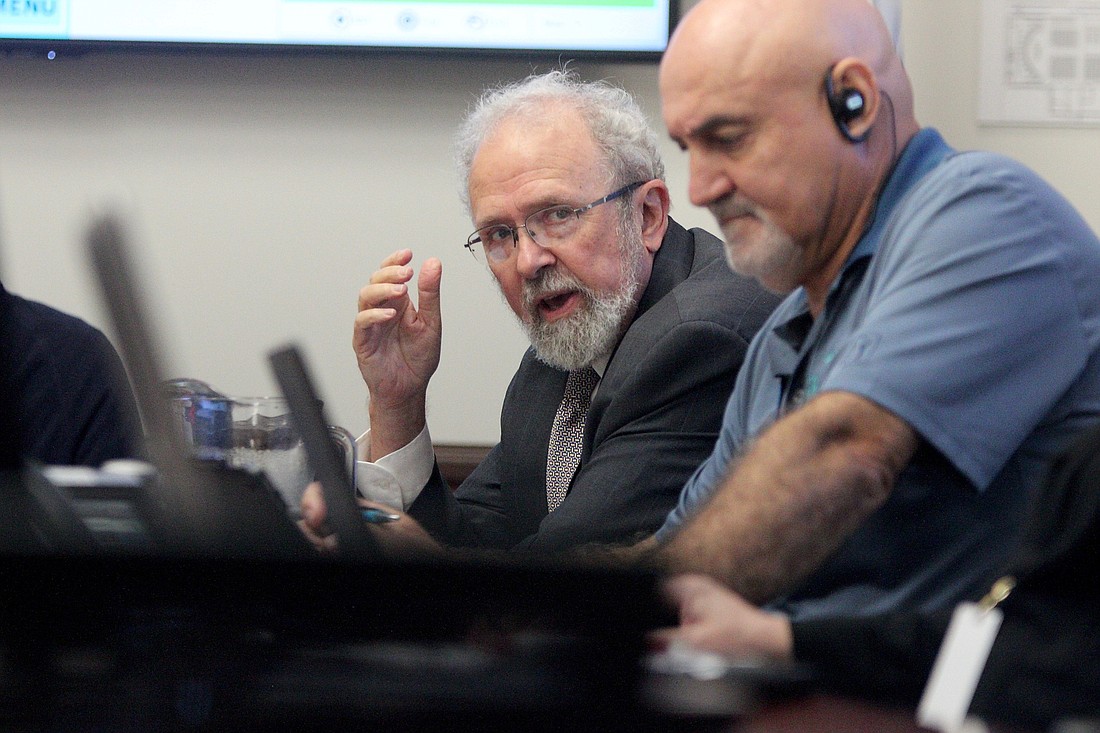- December 15, 2025

Palm Coast would like to enhance and expand its existing fiber network with the help of a private partner, and City Council members at a council workshop Oct. 29 considered strategies.
"The advantage of this proposal isn’t that we’re going make a million bucks. ... It’s the value that we bring to the citizens ... the opportunities that this opens up to everyone in the city."
— BOB CUFF, city councilman
A number of questions will need answering: If the city partners with a private company, who should pay for the expansion? How should the revenue be divided? And who should own the equipment?
“We are sort of on the cutting edge of figuring out how we can do this really well and take advantage of the technology that we currently have in place,” Mayor Milissa Holland said.
The city, working with Magellan Advisors, sent out an RFS — “request for solutions” — earlier this year and received five bids, of which three met city qualifications.
The one submitted by Hotwire Communications came out on top.
Hotwire proposed two options: Option A would involve a 120-month buildout to commercial and congested residential areas, with Hotwire assuming the $128.5 million buildout cost and retaining all of the revenues over the first five years for the buildout areas, while the city would retain its estimated $310,000 annually in revenues from the fiber services the city is already providing. In years six to 20, the city would receive 5% of the revenues from the new buildout areas.
Option B would involve a faster, 18-month buildout, with the city investing 30% – $52.5 million — and Hotwire investing 70% — $137.4 million — then splitting the revenue, with the city keeping 30% and Hotwire keeping 70%.
City Attorney Bill Reischmann suggested that the city work into its plans contingencies for the possibility that the state would pass legislation restricting how cities handle fiber.
“I think it would be very important to ... incorporate into the accounting the risk of revenues being capped, limited, siphoned off,” he said. “We certainly can’t predict what will happen three years, five years, seven years down the road, and this business model is for decades.”